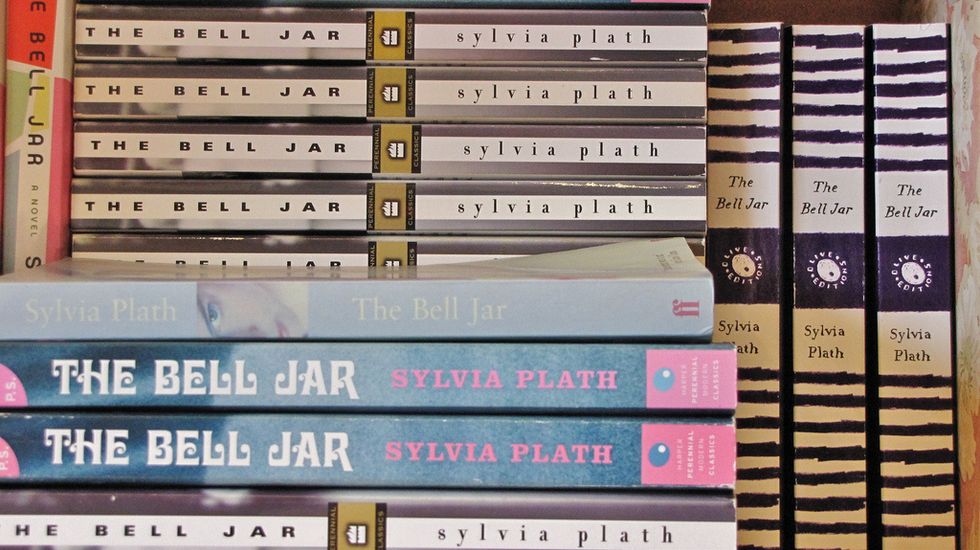The most personally moving work of fiction I've read in my seventeen years of life is "The Bell Jar" by Sylvia Plath.
Plath explores topics of femininity, coming-of-age, societal expectations, and mental illness in her gripping novel that helped me forge a deeper understanding of the world's complexity. Esther Greenwood, the young and cynical female main character in the novel, searches for her path in life and even though she receives a prestigious magazine internship in New York City during the summer, Esther remains uncertain about what exactly she wants to pursue in her adult future.
Furthermore, Esther grapples with the imposed societal views and attitudes of her mid-1900s era, especially with the issue of female virginity and the implications of engaging in sex outside of marriage.
As someone whose parents are religiously conservative, I've been surrounded by derisive attitudes concerning premarital sex. I identified with Esther's dilemma, and through her actions and choices in The Bell Jar, I was liberated and gained the understanding that challenging beliefs is normal in finding my true sense of self in a world with an infinite amount of divided opinions. The overarching idea present in Plath's novel is the concept of being trapped in a metaphorical bell jar.
The bell jar is symbolic of societal traps and the feeling of confinement and lack of control that comes with adulting in the real world.
Living life encased in a bell jar is joyless and soul-draining; it was so maddening that it drove Esther to attempt suicide and spend time in psychiatric treatment.
Ultimately, "The Bell Jar" helped explain that the only way to survive in the world is to not fall prey to external pressures. It's our own choices that dictate our fate, so we need to fearlessly pursue personal fulfillment.





















